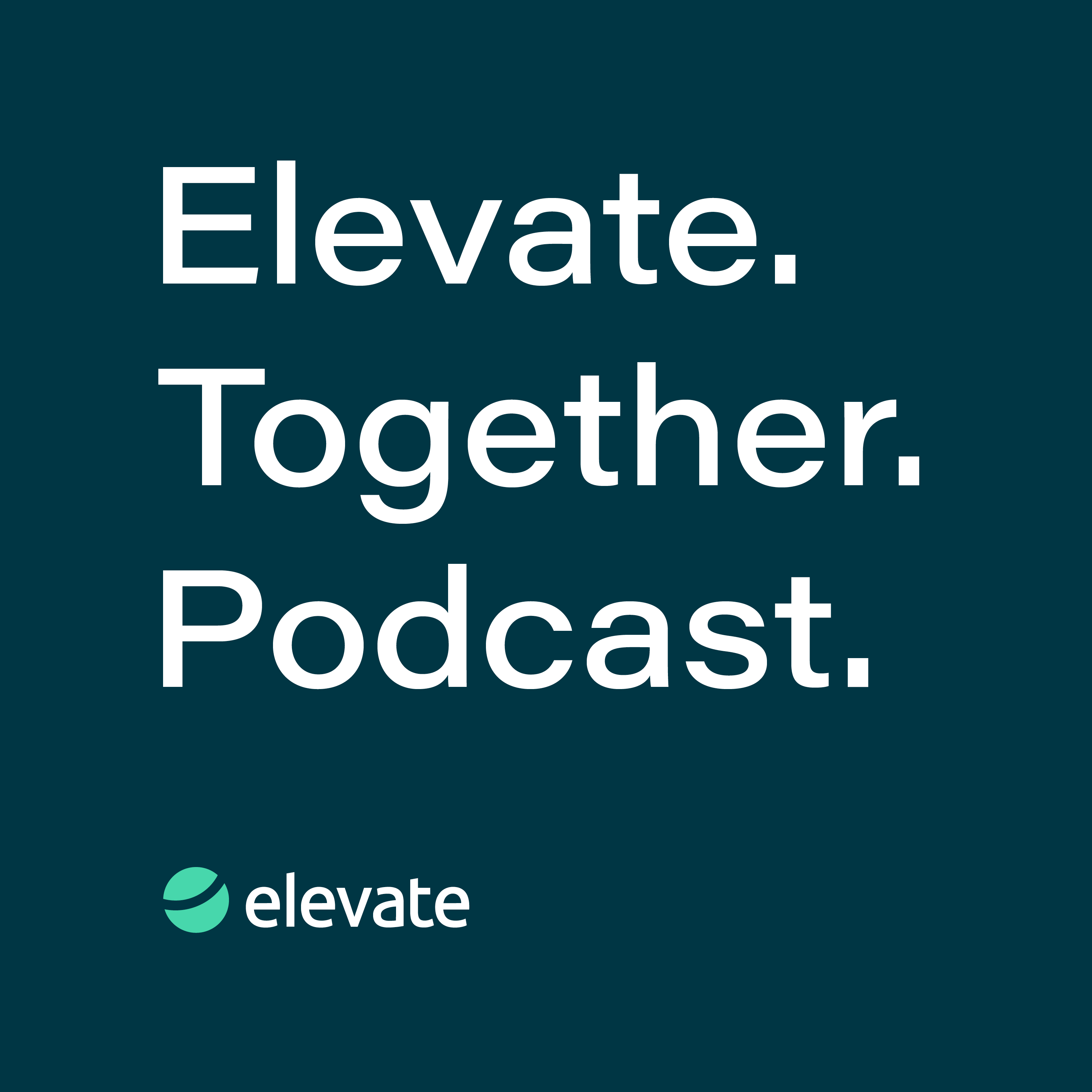

Michelle Mahoney – Experimentation and The Innovators Dilemma
Just do it.
In this episode, industry colleague and former Elevate leader Jon Kenton interviews KWM's Michelle Mahoney and Elevate's Pratik Patel. Jon, Michelle, and Pratik discuss structured innovation and executing an experimentation phase to work through steps, including transition to BAU.
[00:48] Our guests start by agreeing on what innovation is…
[03:01] Applying rigor and structure. A new, more scientific, evidence-based approach.
[06:01] Eight steps broken into four and four. The first four, democratise the process. Then we ideate.
[09:29] We experiment to see what does it look like? What are we learning? And it allows us to firm up a process.
[11:40] It's not an easy job to identify the true problem or the job to be done - the job we're trying to achieve.
[14:04] It's called the innovator's dilemma. It's a thing.
[16:47] Is our learning objective met? What needs to be true? And we'll have a series of statements that need to be validated, and we validate it. It's very evidence-based.
[20:09] Validation is important, and there's a resource scarcity issue in that there are always more ideas than a resource to solve.
[22:05] A database we use every day "What have we looked at previously? What tech have we reviewed? It helps change the conversation.
[24:38] The trouble with legal is that on any given day, legal activities go from being wildly administrative to wildly complex and require extraordinary judgment
[28:38] As people begin to innovate, they get to the different maturities they need to get to, but they will never get there unless they decide to innovate.